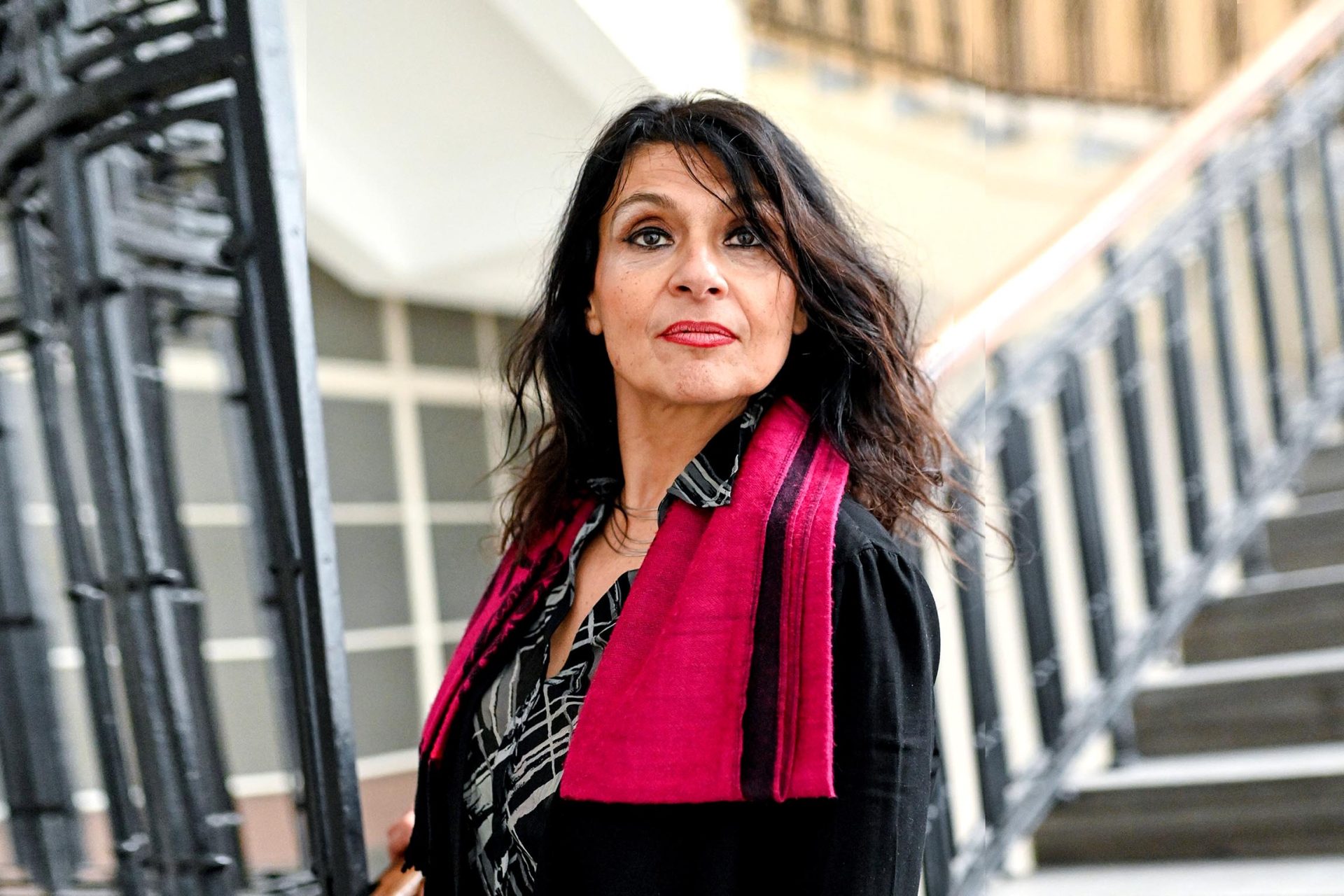The proposals presented in our Platform are viable over the short term, require no large and lasting reforms and could lead to major visible improvement as quickly as the next few years
Over the course of the past year, the University of Belgrade’s Platform for improving the status of teaching study programmes at UB and protecting the education system of the Republic of Serbia, known to the public as the “Platform of the Eight Deans”, has become a document around which key forums in the Republic of Serbia have gathered. It was almost a year ago that the Platform was adopted unanimously by the UB Senate, and soon afterwards by all faculties of natural sciences and mathematics and all representative unions of the education workers of Serbia.
The Platform resonated strongly and was unusually well received by those with a direct interest – educators and students – but also, interestingly, by the general public. It was also noted that this is the first time that an initiative has come from the university, from a group of deans, which was welcomed by teachers and students alike.
The way the Platform resonated serves to indicate the existence of strong social awareness that our education system is seriously under threat; that a country that lacks good foundations in education has no prospects and that this is the last moment to act quickly, wisely and responsibly. Moreover, the strong reverberation of the Platform and positive reception it received point to one of its essential and recognisable qualities: it sends a rational and optimistic message that it is possible to change the situation and improve it significantly in a relatively short period.
What is it actually all about? The platform is the initial proposal of us eight deans of the faculties that educate teachers: Mathematics, Chemistry, Physics, Physical Chemistry, Biology, Geography, Philosophy and Philology. We were initially motivated for this engagement by concern over the situation at our faculties and the drastic and horrifying drop in interest in enrolling in teaching majors. That fall began in 2015 and the situation is getting worse by the year. As an example, 26 students enrolled to study the teaching major in chemistry in 2015, and last year there were 3; mathematics had 29 students enrol and last year also 3; biology feel from 15 to just 2 last year etc. (Professor Goran Roglić, dean of the Facul ty of Chemistry, gave a great presentation on this topic at a SANU meeting late last year).
The way the platform resonated serves to indicate the existence of strong social awareness that our education system is seriously under threat; that a country that lacks good foundations in education has no prospects and that this is the last moment to act quickly, wisely and responsibly
The eight of us formed a working group, and I must say that it’s an autochthonous and extremely efficient working group, which completed the task it set for itself in less than three months. This is important to note because the public has a (justified) abhorrence towards the term “working group” in general, given that it has become commonplace for someone who holds the levers of power and does not want to solve a problem to form a “working group”, which completely kills any attempt by languishing for years without movement and output. So, the eight of us are a completely different working group, self-formed and, as a consequence, fast and efficient, and our motive, as responsible professors and deans, was a desire to really do something.
The proposals introduced in our Platform are viable over the short term, don’t require any large and lengthy reforms (the word “reform” is another term that the public justifiably views as abhorrent) and could lead to major visible improvement as quickly as the next few years. I will single out several theses from our Platform, which we’ve divided into two sections: Identified Problems and Proposed Solutions.
We established that the teaching profession has been stripped of its dignity, that society doesn’t value this profession, which increasingly encourages pupils to misbehave towards teachers. The media often report on bizarre situations in classrooms in which students behave with visible arrogance and violence towards the teacher.

The financial situation teachers find themselves in is catastrophic. Salaries are insultingly low, which is a clear signal that this profession isn’t among the state’s priorities. Teachers are additionally burdened with unnecessary and senseless administrative obligations that take up their time and kill their will to work.
A collapse in the quality of education is also noticeable: the results of PISA tests point to a visible decline in functional literacy. (For example, when it comes to reading, functional literacy implies the student being capable of formulating claims made in a text and recognising the argumentation supporting those claims, that they are able to independently summarise a text without losing sight of its essence, and that they are also able to recognise information not explicitly stated in a text etc.)
We have proposed the following measures.
The first step towards resolving the crisis is to precisely determine the state of teaching personnel in Serbia, which means that it’s essential for the Ministry of Education to urgently conduct analysis by region, in order to determine how many teachers are lacking by subject. One of the solutions to the problem of staff shortages could be for regions to provide scholarships to students in accordance with their needs. We also proposed the adopting of a programme to gradually increase teachers’ salaries to the point at which they reach the level of 1.3 to 1.5 average salaries in Serbia. Moreover, it is vital to protect the integrity of teachers. One of the ways to do so is to prescribe measures to check objections against grades and establish protocols for dealing with the inappropriate conduct of pupils and parents.
In order to restore dignity to the education system, the dignity of the teacher must be restored. And in order to restore the dignity of teachers, they must receive decent salaries, protection and reputational respect.
With a view to all of this, we called on the Ministry of Education to implement the necessary steps immediately and received a promise that our proposal would be acted upon and assurances that analyses of the situation by region has commenced. We will take them at their word.
There’s been a lot of talk in recent years about the demographic decline and the dark picture awaiting Serbia in the future: there are fewer and fewer children and, as things stand now, there will be ever fewer of them. However, there is another dark vision looming over our immediate future, and which is certain to be realised in just a few years if something isn’t done immediately: there are children, students are waiting – and no one is there to enter the classroom.
